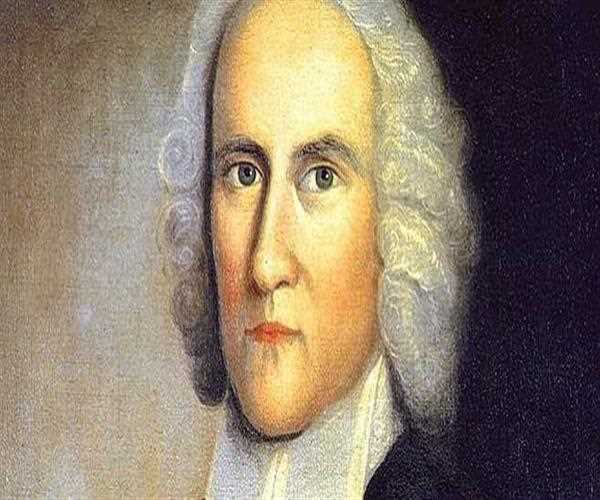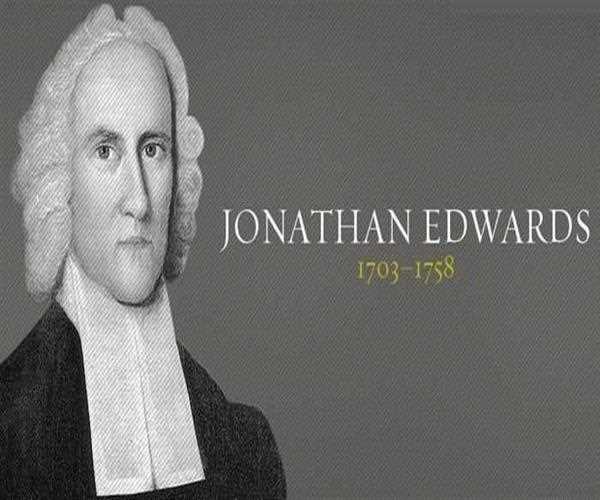*Great Awakening Preacher*

Jonathan Edwards in the year of 1741, he lectured the sermon "Delinquents in the Hands of an Angry God" to a congregation that already opposed the calls for the restoration of the Great Awakening.
In the sermon, Edwards lectured that hell is genuine and awful. That God is simple and appropriate to enable delinquents to endure the regular outcomes of their wrongdoings by enabling them to go to hellfire. Edwards thought about the drop into the hell of delinquents to the laws of gravity.
Edwards did not forget the vainglorious. He showed that the individuals who figured they could deal with themselves were betrayed. The individuals who thought they were great, regardless of how great would without the assistance of God likewise go to hell.
Edwards did not leave his audience members dangling over the pits of hellfire. He revealed to them that as undeserving as there were God adored them and offered a method of escape. In the event that they acknowledged the free effortlessness of God by putting stock in Christ and atoning of their wrongdoings, they could be spared. The beauty of God was offered as help to delinquents.
Lee Stuart ascribed the accomplishment of Edwards’s sermon in that it finished on a positive note. The negative viewpoints specifying the revulsions of hell just served to feature the magnificence of God's unconditional present of elegance.
About Jonathan Edwards:

He was born on 5th of October, 1703, was an American evangelist minister, scholar, and Congregationalist Protestant scholar. Like the majority of the Puritans, he held to the Reformed philosophy. His provincial devotees later separated themselves from different Congregationalists as "New Lights" (underwriting the Great Awakening), instead of "Old Lights" (non-evangelist). Edwards is generally viewed as "one of America's most critical and unique philosophical scholars". Edwards' religious work is expansive in scope, yet he was established in Reformed philosophy, the transcendentalism of philosophical determinism, and the Puritan legacy. Late investigations have stressed how completely Edwards grounded his labor of love on originations of excellence, agreement, and moral fittingness, and how focal The Enlightenment was to his outlook. Edwards assumed a basic part in forming the First Great Awakening, and directed a portion of the principal restorations in 1733– 35 at his congregation in Northampton, Massachusetts.
Cheers!